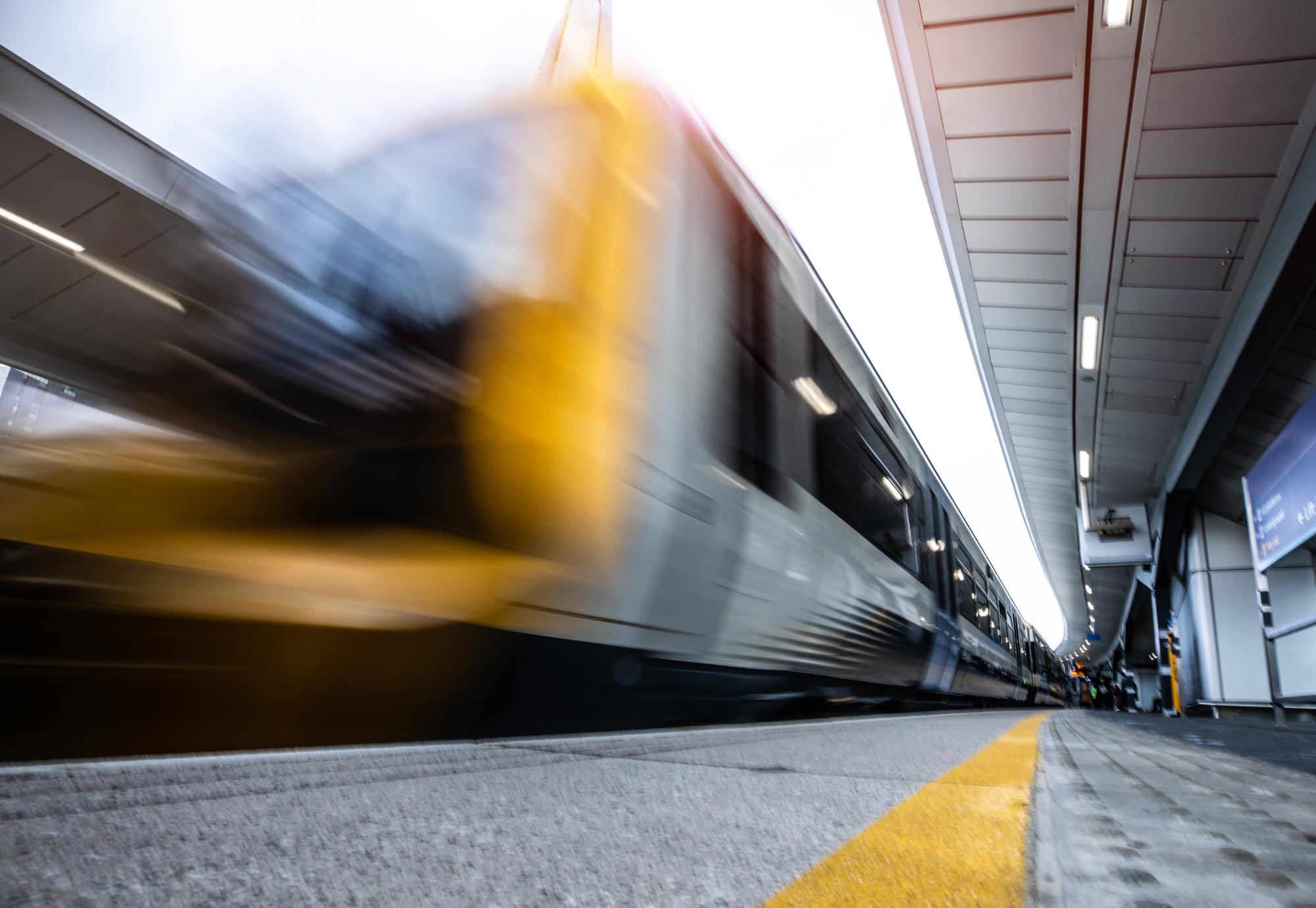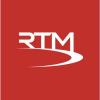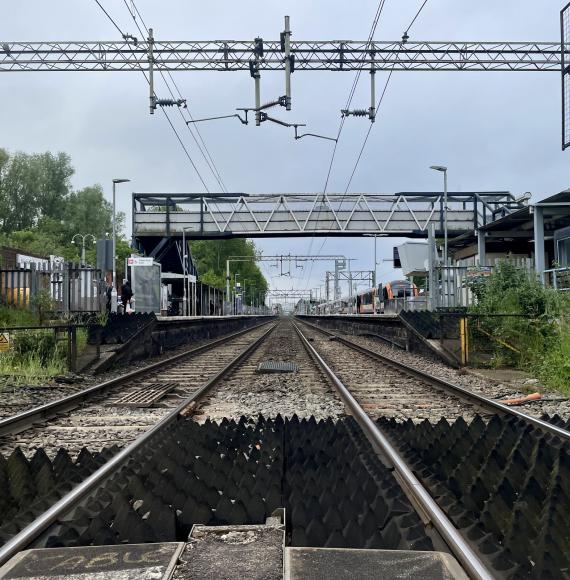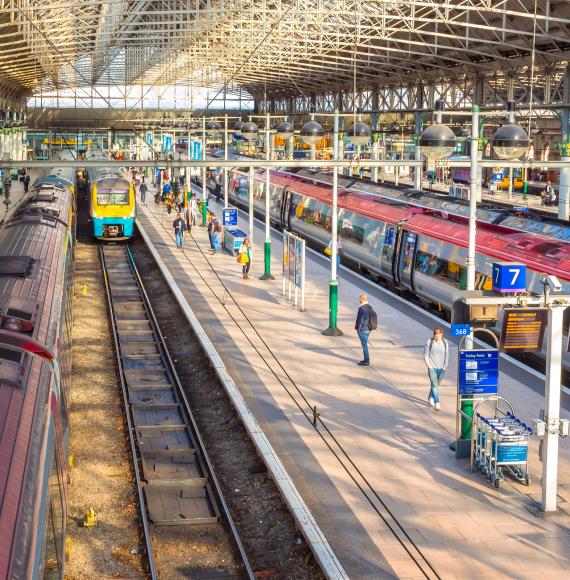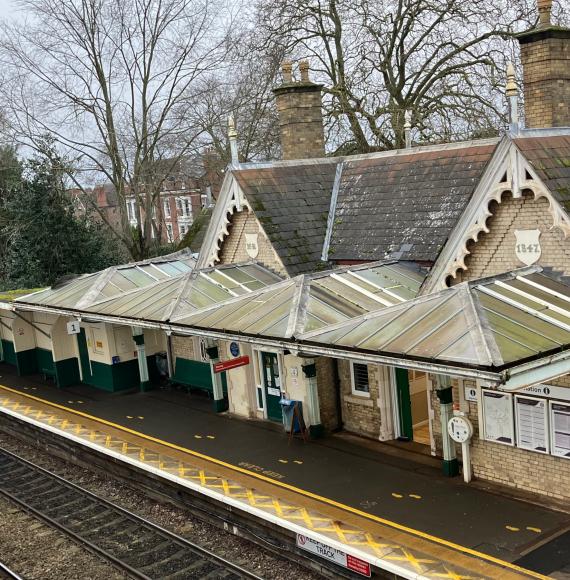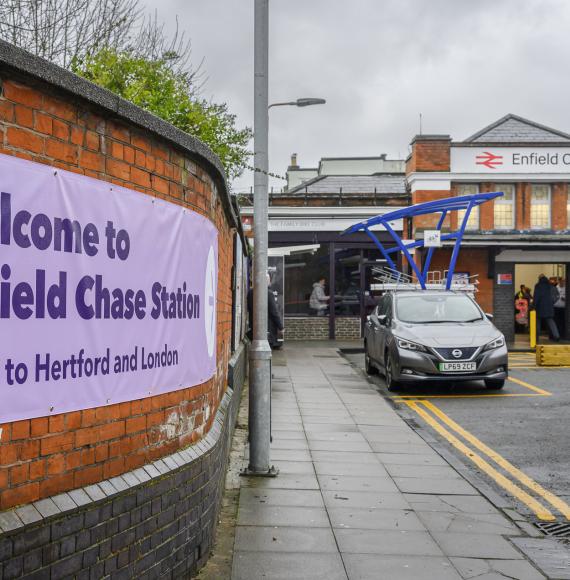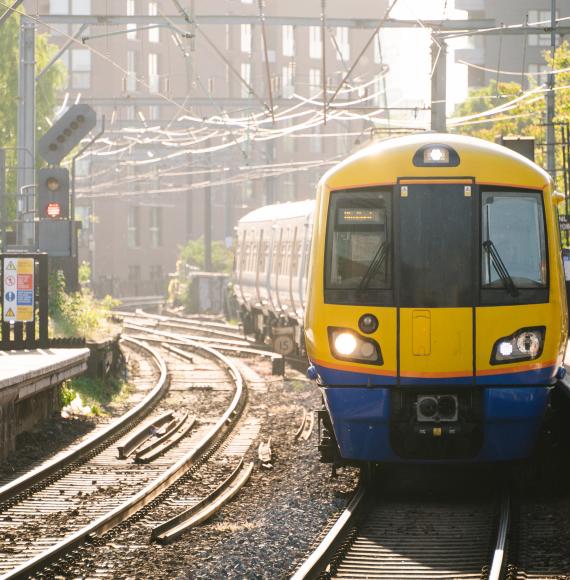Britain’s railway continues to be one of the safest in Europe, according to the Office of Rail and Road, but the system is under strain from record-high cancellations, financial challenges, and infrastructure risks, as detailed in ORR’s annual assessment released today.
ORR praised Network Rail’s health and safety performance, noting that overall train accident risk remains stable. However, the report flagged:
- 29 high-potential risk events, mostly at level crossings
- A fatal train collision at Talerddig in October
- A rise in signals passed at danger (SPAD) incidents
- Ongoing concerns about train overspeeding
ORR will conduct inspections across all Network Rail regions to assess how level crossing risks are being managed and is calling for cross-industry coordination to address overspeeding.
Despite a 7% rise in passenger journeys (1.73bn), cancellations hit a record 4.1%, up from 3.8% the previous year. Most were attributed to train operating companies, with only Scotland meeting its cancellation target.
While punctuality held steady at 84%, Network Rail missed national reliability and punctuality targets. ORR took enforcement action in its Wales & Western region, leading to improved performance, and progress is being made in the Eastern region.
Network Rail achieved £325 million in efficiency savings, exceeding its target by £62 million. However, it faces a £488 million funding gap in England and Wales. ORR has urged the company to take action to resolve this shortfall.
The regulator also warned that inflation and cost overruns could force reductions in infrastructure renewals, potentially leading to speed restrictions, delays, and more cancellations.
John Larkinson, ORR Chief Executive, said:
“The mainline rail network is at a turning point. Rail reform presents an opportunity to do things differently, working better together to improve the experience of all rail users, but its full implementation is some years away and the issues we have raised will not be solved by rail reform alone.
“Overall Network Rail has performed well in a tight financial environment, but it will need to focus relentlessly on every aspect of how it plans and delivers, because there is little margin for error in its regulatory settlement.”
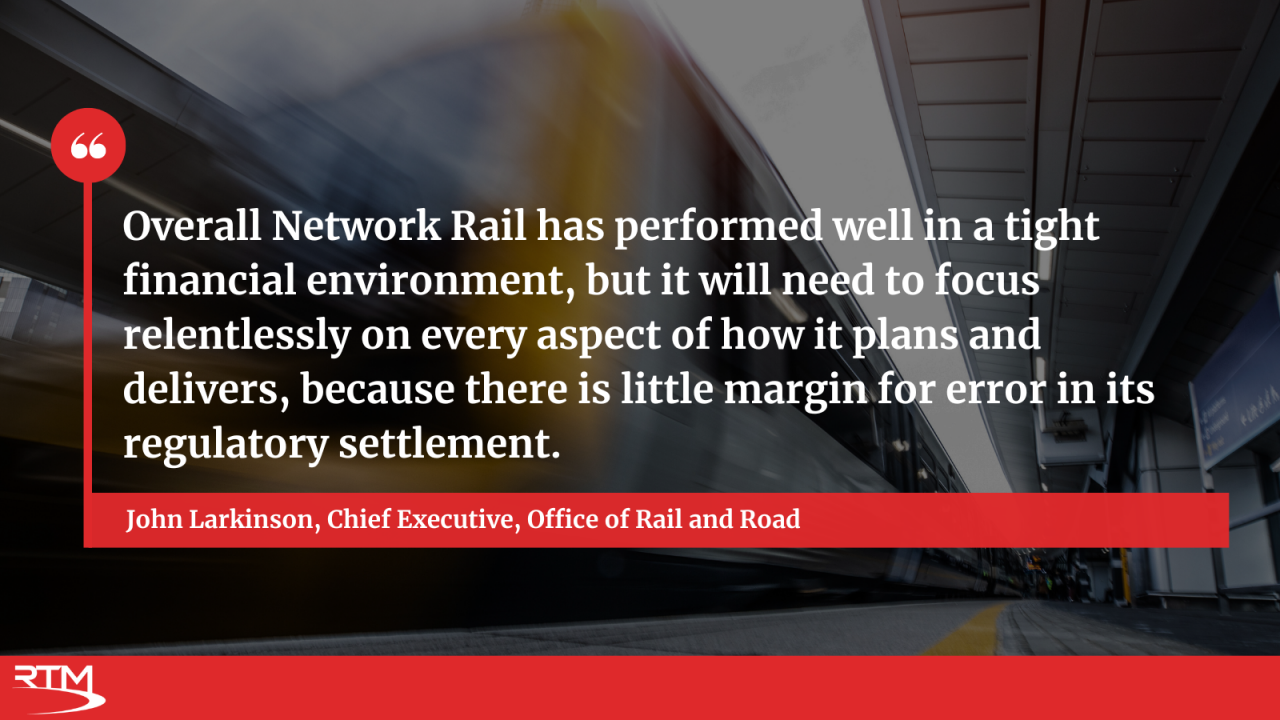
Network Rail’s five-year plan to 2029 relies more heavily on maintenance over renewals, due to funding constraints. ORR will closely monitor delivery to ensure reliability is maintained.
As rail reform progresses, ORR is urging the industry to maintain a strong safety culture, with clear accountability and proactive risk management. HM Chief Inspector of Railways, Richard Hines, emphasised that safety must remain a guiding principle across all decisions.
Image credit: iStock

